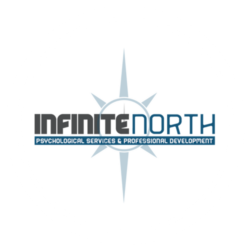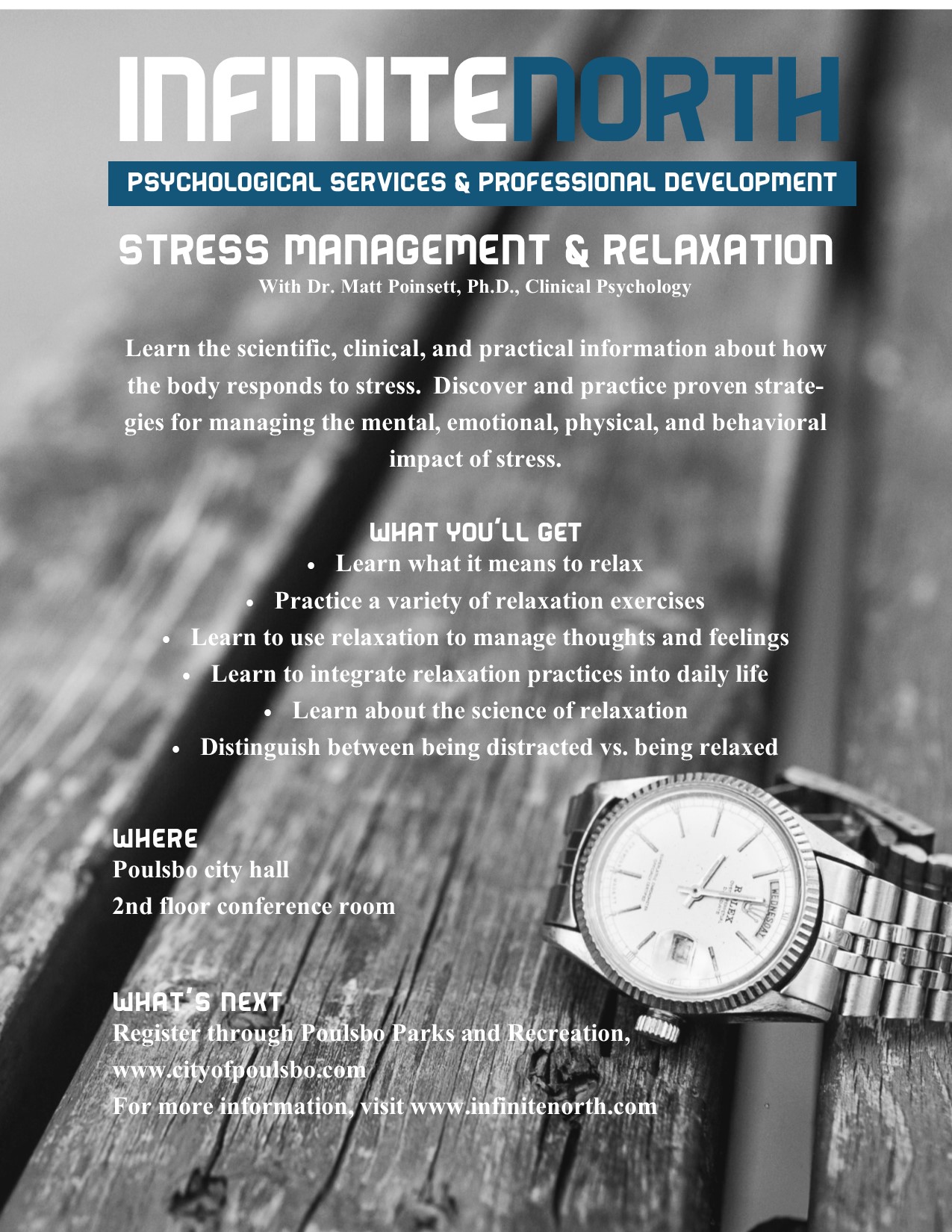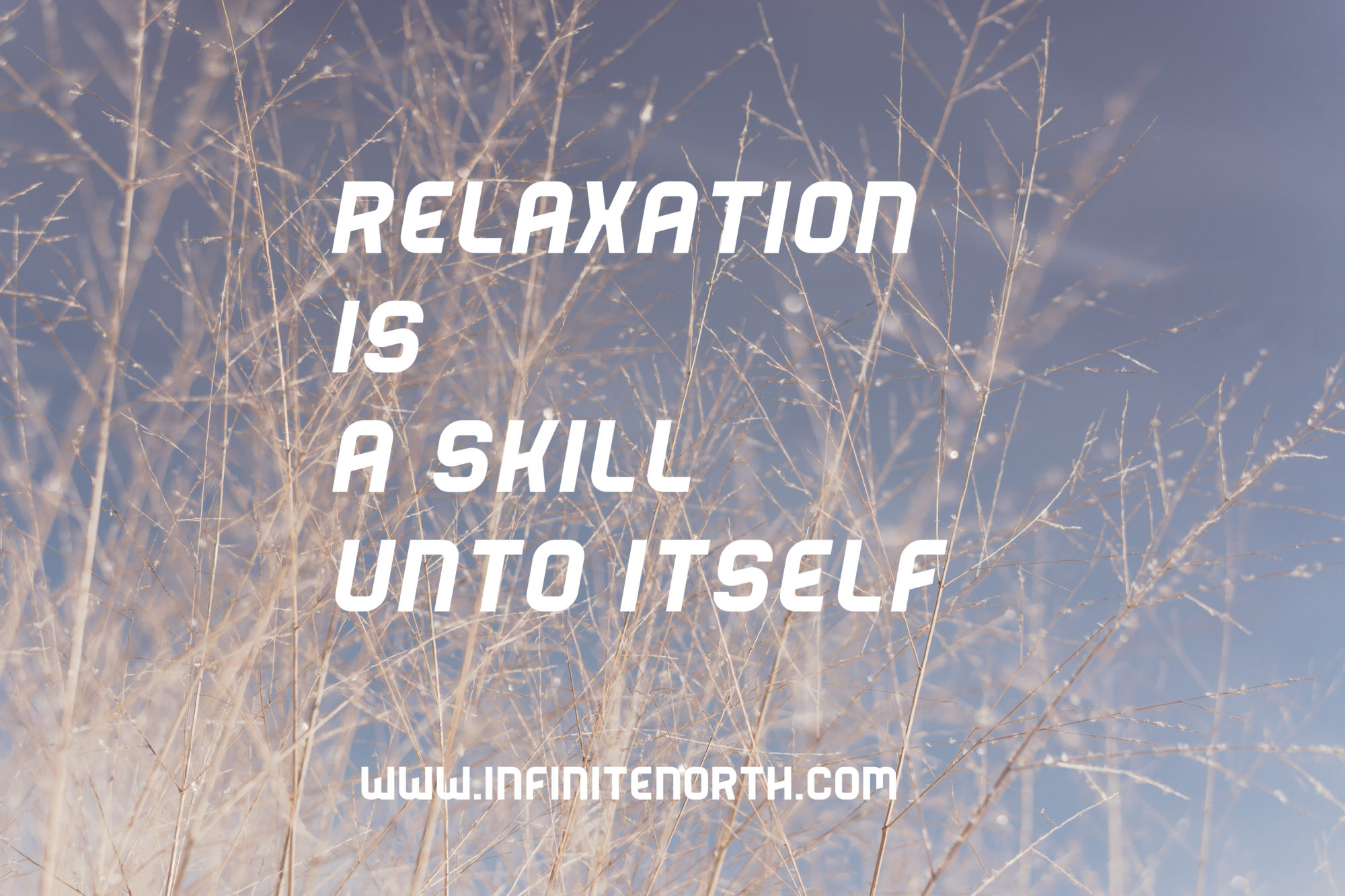What do you do to relax?
- Read a book
- Take a bath
- Watch a movie
- Go for a walk
- Talk to a friend
- Drink a glass of wine
Those are the most common responses I get when I ask people how they relax. Video games, social media, television, shopping, eating, and listen to music all make the list of frequent flyers. Everyone gets stressed, anxious, worried, or overwhelmed at some point, and we all find our own ways to cope. Some strategies, however, are more helpful than others. If you nodded your head in agreement as you read through the list above, you may be approaching relaxation very inefficiently.
In many circumstance, that temporary reprieve is enough to “reset” your thoughts and feelings back to baseline.
Reading a book, watching a movie, or chatting with friends functions as a distraction from the physical, mental, and emotional discomfort you’re experiencing. In many circumstances, that temporary reprieve is enough to “reset” your thoughts and feelings back to baseline. The movie is over and you’re worries have subsided. The riveting mystery novel pulls your thoughts away from the dangerous world around you and allows you to ruminate on which character is a red herring and which is the criminal mastermind. An engaging conversation sometimes provides resolution, occasionally escalates stress, and often allows focus to shift away from your problems onto someone else’s concerns.
Taking a bath by candlelight can provide an alternative, more comfortable, physical experience. A bath also requires a certain level of unplugging from the day-to-day grind. Hopefully, you don’t take your laptop or phone into the bath with you. When you’re in the tub, you’re not expected to cook dinner, fix the faucet, finish homework, fold laundry, pick up the kids, clean the house, or mow the grass. You’re relieved of those obligations (momentarily). A brisk walk serves a very similar function in terms of alleviating the sense of obligation and opening yourself up to new sensations – beautiful views, the smell of fresh air, a warm breeze on your face, etc.
The glass of wine chemically alters your experience. Alcohol is a depressant, so it can mask some of the physical discomfort associated with elevated stress levels. Some people use wine as an add-on to one of the other strategies. A good book and wine. An exciting movie and wine. A bath and wine.
These strategies are, at best, inefficient methods of relaxation.
The whole list would best be described as distractions. Distractions that sometimes help to momentarily reduce stress. These strategies are, at best, inefficient methods of relaxation. That’s not to say they don’t work for some people, and they certainly don’t need to be altogether avoided. Relaxation, I argue, is a skill unto itself. Therefore, the only proper way to relax is to intentionally and directly practice relaxation. I know it’s circular logic. “In order to relax, you have to relax.” Here’s what I mean. Relaxation is an active reduction in physiological arousal. It’s a skill you can improve. With practice, you can achieve deeper relaxation in less time. All the changes that occur when we are stressed – increased heart rate, muscle tension, altered breathing patterns, increased blood pressure, disruptions to digestion, mental fog, pressured speech, and general unrest – can be actively managed. Relaxation exercises such as controlled breathing, progressive muscle relaxation, autogenics, mindfulness meditation, and guided imagery offer a concrete tool to reduce the symptoms of stress and anxiety.
By practicing the skill of relaxation, you can effectively move your baseline level of stress. If you run through your day with baseline stress of 65/100, and when it hits 80, you give yourself permission to regroup with a glass of wine in a warm tub, chances are, by the time you towel off, you’re down to a 65. Now, 65 is normal, so it feels like you accomplished something and that the bath was effective. By practicing relaxation skills like the ones listed above, you can shift your baseline. With consistent practice, 50 (or 40…or 30) becomes the new normal and you’ve got much more bandwidth before you get overwhelmed. Additionally, the relaxation skills toolbox is filled with strategies that can be applied much more pervasively. Stressed at work? Good luck sneaking away to some dark corner to watch a movie. Anxious about traffic? There’s no way you’re taking a walk or slipping into a bath. The most useful strategies for relaxation can be used anywhere at any time (I’m especially talking about controlled breathing here).
This way of looking at relaxation parallels physical fitness. You don’t go for a jog exclusively when you’re sick, injured, or otherwise sub-optimal in terms of health. You exercise consistently in order to ensure that your overall fitness helping you enjoy life. Most days you don’t need to be incredibly fit, but it sure is nice to have it when you need it. The same goes for relaxation. You won’t need it every day, but if you haven’t been practicing, you won’t have it when you need it most.
You won’t need it everyday, but if you haven’t been practicing, you won’t have it when you need it most.
Give yourself a week or two, genuinely practicing active relaxation. Take five to 15 minutes daily to listen to one of the exercises above, and let me know how it changes the way you experience stress.



